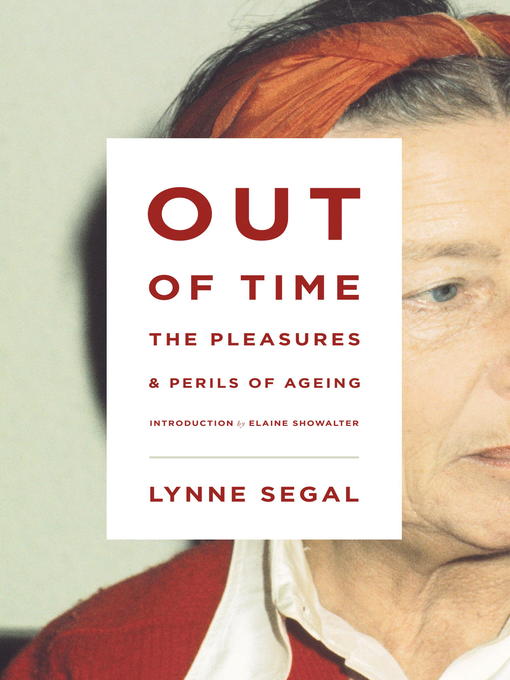
Out of Time
The Pleasures and the Perils of Ageing
- اطلاعات
- نقد و بررسی
- دیدگاه کاربران
نقد و بررسی

September 2, 2013
British academic Segal (Is the Future Female?), a professor of psychology and gender studies at London’s Birkbeck College, gracefully explores the subject of aging in this combination memoir and analysis. Segal outlines fears about growing older and discusses our culture’s ingrained negative attitudes about the elderly female body, as well as men’s fear of losing their masculinity as they age. The author also highlights the joys of love and sexuality as one grows older. The book’s most politically charged section addresses the inevitable effects of the increasing class divide on the elderly; the younger generations, hit hardest by the recession, blame the baby boomers for the poor economy, while the older generations are already struggling with the fact that financial security is necessary for aging happily. While Segal seamlessly incorporates psychoanalytic theory and passages from writers like Simone de Beauvoir, John Updike, and Alice Walker, she also offers her own perspective as a feminist and scholar, reminding readers that the process of aging is never simple or straightforward.

October 15, 2013
Extended meditations on aging. Segal (Psychology and Gender Studies/Birkbeck, Univ. of London; Making Trouble: Life and Politics, 2008, etc.) opens this memoir/essay collection by admitting that the concept of aging, and of considering one's place in the world through the increasingly foggy lens of old age, stirs anxiety and even fear. We spend our youthful years moving through the world, trying to construct the "self" we want to present to our peers, and then we spend our older years pining for that youth, trying to hold on to all of its attributes. Segal questions whether there is a way to place positive value on the attributes of old age without paradoxically strong-arming the questions of physical health, mental integrity and the labyrinth of feeling young/looking old. The author explores the thorny questions of dependency, but she goes deeper than just the idea of the reversal of caregiving duties; she explores avenues of dependency, what it can mean in positive and negative terms for those roles to change, and how it never seems to be truly one way or another, except at birth and then at the parent's advanced old age. Segal walks us through a lively outline of the history of how culture(s) looks at aging, with stories rendering evil as unattractive and old, goodness as beautiful and young. It comprises only a small part of the book, though, as the author's primary concern is the inner workings of the psyche as age progresses; matters of ageism, relationships changing shape over the years and shifting responses of resistance to death--all these topics and more find voice in this powerful narrative. Segal refers to multiple cultural touchstones in service of her writing; this book should become a touchstone itself for those interested in aging.
COPYRIGHT(2013) Kirkus Reviews, ALL RIGHTS RESERVED.




دیدگاه کاربران